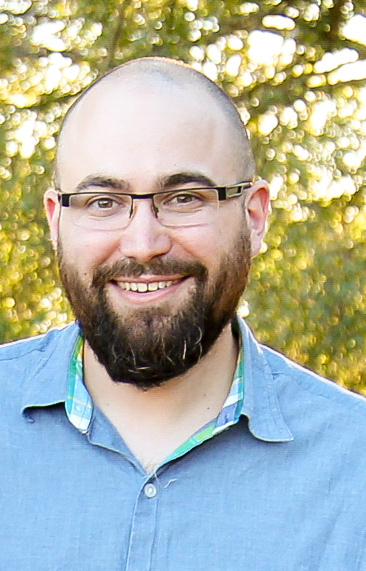
Dean Castillo
Education
- Ph.D., Ecology, Evolution, and Behavior, Indiana University
- B.A., Biology, Cornell University
Biographical Information
I am a broadly trained evolutionary biologist who is motivated to understand how behavior, specifically mating interactions and species interactions, generates biodiversity through the process of speciation. I combine behavioral experiments with molecular genetics, population genomics, and neurobiology to make connections between genes and behavioral phenotypes. My main research system includes several species of Drosophila focusing on natural populations.
For sexually reproducing organisms, a large part of their fitness depends on their behavior. Specifically, behaviors that involve competing for and obtaining mating opportunities. This “sexual selection” was recognized as a strong driver of evolution by Darwin since behavior is one of the few traits that can link within population processes to broad scale patterns of biodiversity.
Research in my lab leverages mating behaviors to answer fundamental questions in biology centered on how behavior evolves, what genes contribute to mating interactions, and how does the brain and nervous system evolve in closely related species. My experimental work is highly integrative combining behavioral experiments with genetics, genomics, and neurobiology to understand the mechanistic basis of sexual behaviors and reproductive isolation.
Current Research
- The genetic basis of female mate preference in Drosophila melanogaster
- How plasticity in male courtship interacts with and shapes the evolution of reproductive isolation
- The evolution of sperm competition and female gamete usage in Drosophila pseudoobscura
Selected Publications
- Coughlan, JM, AJ Dagilis, A Serrato-Capuchina, H Elias, D Peede, K Isbell, DM Castillo, BS Cooper, DR Matute. 2022 Population structure and introgression among recently differentiated Drosophila melanogaster populations. Molecular Biology and Evolution 39: msac223.
- Castillo, DM, and LC Moyle. 2022. Transposable elements that cause dysgenesis also contribute to postzygotic reproductive isolation in the D. virilis clade. Journal Of Evolutionary Biology 35: 1319-1334.
- Jin, B, DA Barbash, DM Castillo. 2022. Divergent selection on behavioral and chemical traits contributes to isolation between populations of Drosophila melanogaster. Journal of Evolutionary Biology 35: 693-707.
- Castillo, DM, and LC Moyle. 2019. Conspecific sperm precedence is reinforced, but postcopulatory sexual selection weakened in sympatric populations of Drosophila. Proceedings of the Royal Society B 286: 20182535.
- Castillo, DM, and DA Barbash. 2017. Moving speciation genetics forward: molecular methods build on foundational studies in Drosophila. Genetics 207: 825-842.
Courses Taught
- BIO115 Biological Concepts
- BIO121 Environmental Biology
- BIO400W/BSC415 Capstone: Problem-Solving and Research
Back to the Biology Department Directory
Back to the Cell, Molecular, and Structural Biology Directory
